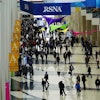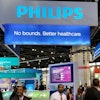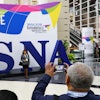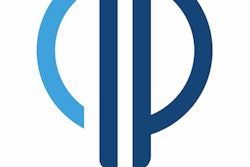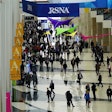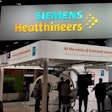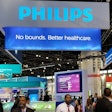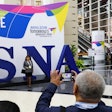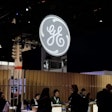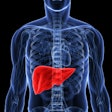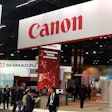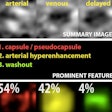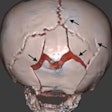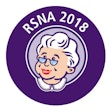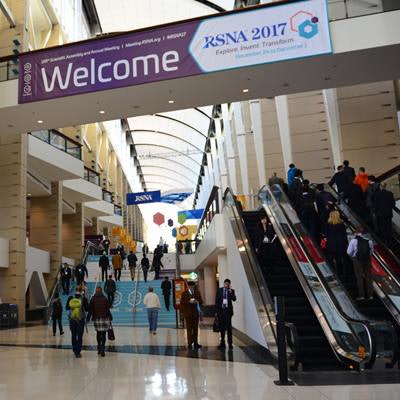
Despite the recent rise of artificial intelligence (AI), big iron will be the big draw for many attendees at the upcoming RSNA 2018 meeting, according to a new study by market research and consulting firm Paragon Consulting Partners. In particular, MRI and ultrasound will be hot technologies in Chicago.
Paragon surveyed 3,500 medical imaging professionals about their top reasons for attending RSNA 2018. Respondents included radiologists, radiology administrators, radiologic technologists, healthcare executives, and IT professionals.
Attending scientific sessions and obtaining CME credit was cited as the top reason for attending RSNA, followed closely by visiting the technical exhibits. Farther down were social and networking opportunities.
| Reasons for attending RSNA 2018 | |
| Response | |
| Attend sessions/obtain CME credit | 33.7% |
| Visit technical exhibits | 31.4% |
| Social/networking | 20.9% |
| Other | 14% |
In other major trends, respondents indicated that despite the prominence of AI at RSNA 2017, big iron remains a big draw. In all, 30% of respondents said they were actively shopping for new modalities, especially MRI and ultrasound scanners. In terms of scientific topics, respondents were interested in dose management and imaging workflow.
Another major trend was equipment optimization rather than replacement, according to the Paragon survey. In total, 21% of respondents said they were actively shopping for analytics and business intelligence software, while 20% were looking for artificial intelligence applications.
With respect to AI, most respondents said they hoped the technology would help them optimize workflow, improve efficiency and accuracy, and increase satisfaction scores for patients and healthcare providers. Few were able to offer specific examples of use cases where they thought AI could offer benefits -- an indication that AI is still in its infancy, according to Paragon.
Meanwhile, interest in enterprise imaging and PACS has dropped precipitously compared with previous meetings, with fewer than 9% of respondents saying they were actively shopping for these technologies -- a big turnaround from previous RSNA meetings.
"Combined, these statistics highlight a strong shift toward optimization of existing systems and workflows and away from large-scale system replacements, and a demand for evidence-based decision-making for both clinical and operational roles," Paragon said.
Cloud-hosted systems also scored low, with only 7% of respondents saying they were actively shopping for cloud-based technology. Paragon called the result "surprising," given pressure on healthcare providers to improve efficiency and reduce costs. The firm attributed the result to confusion about different capabilities and pricing models of cloud-hosted solutions.
Other sleeper technologies at RSNA 2018 could include blockchain data encryption technology, as well as the potential for healthcare-related use of consumer wearables such as the Apple Watch.
"The trends identified for RSNA 2018 reinforce that the industry's top priorities continue to be measurably improving the quality, scalability, and cost of care," Paragon concluded.
